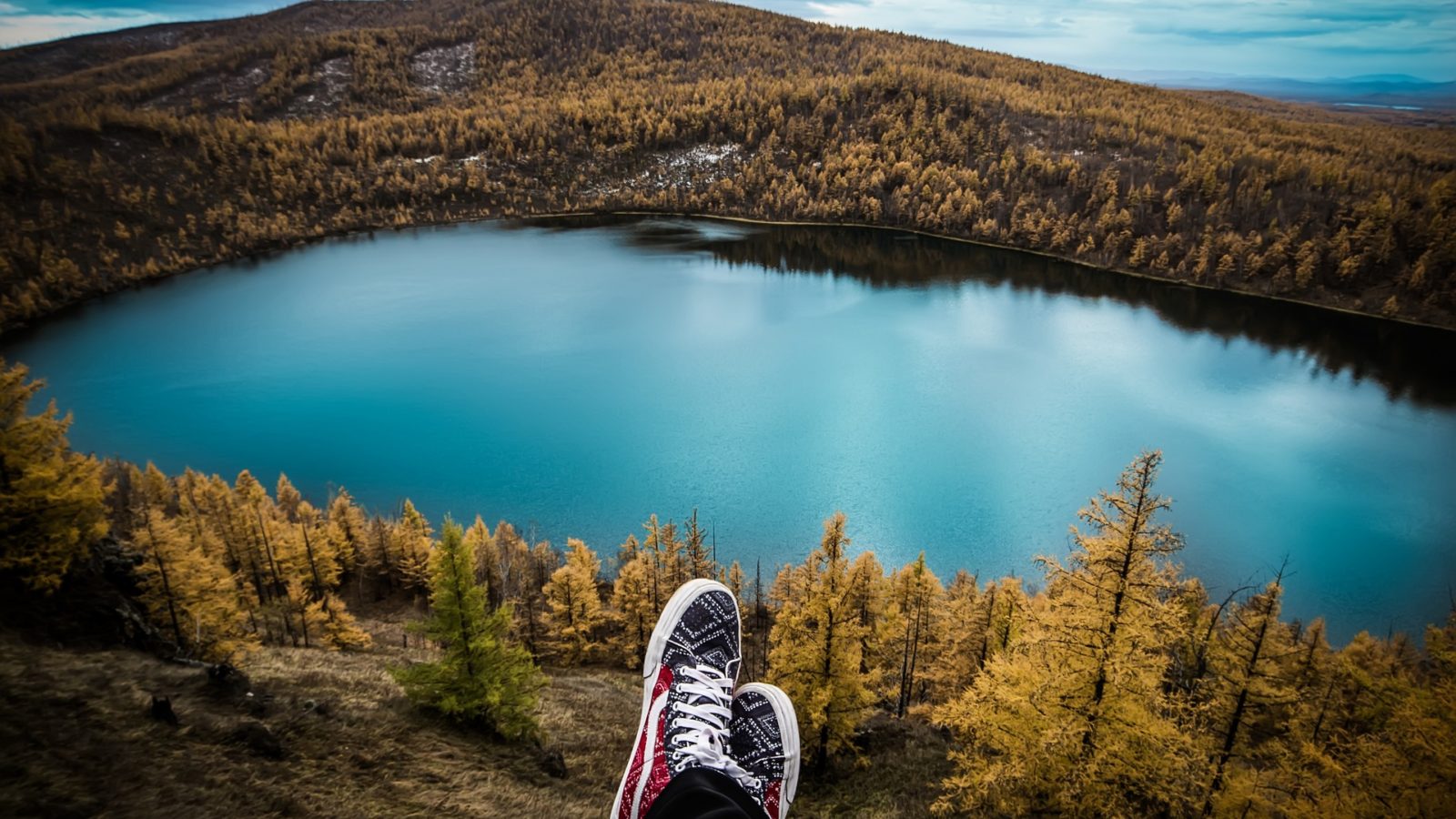Travelling and experiencing new things give a direction to life and reason to keep going. It is this desire to know more about the world we live in that keeps us connected to life.
Travelling offers so much more than what one can imagine, it gives an opportunity to take a break from monotonous routines. It can also impact brain chemicals, according to recent research, to a large extent, and change our view of the world and eventually mould who we are.
A study from the Journal of Personality and Social Psychology reported that students who lived abroad were 20 per cent more likely to solve a computer task than those who didn’t travel. Experiencing another culture for a period of time apparently opens up our mind to look for creative solutions. In the end, it makes one a better problem-solver.
The study also showed that travelling makes people humble as the experience in itself exposes them to a whole new world, making them feel grounded.
By visiting a new place,one also develops empathy besides feeling happier. It is not surprising that a recent study by Contiki, a travel company for 18 to 35 year olds, found that millennials preferred to spend their money on experiences than material things. About 69 per cent millennials, revealed the study, suffered from FOMO or fear of missing out on important life events.
Speaking to Thrive Global India, social scientist Dr VN Alok says, “Travelling gives you a chance to think back on the decisions you made in your life, what went wrong where and it opens our mind to be able to think clearly.”
The complexities of travel are known to sharpen the brain as well as protect from heart disease, he adds. “We spend our lives doing the same work daily. Our mind is so accustomed to that routine that we do not give it a chance to look at things in a different perspective. When we break that routine to go on a vacation, we are forced to spend some quality time with just our thoughts and imagination.”
It seems that eminent writer Paulo Coelho was onto something when he advocated travelling to one place and spending a whole week as opposed to visiting five places in seven days in a blog post. So take your time, visit a new place, make new friends, pick up the language,learn to drive a tough bargain at the local market there, navigate and set those neurons to work.
Dr Alok points out, “Travel has the potential to ‘light up the brain’ across a diverse range of neural pathways, leading to many health and cognitive benefits.”
Travel certainly wins hands down over several other activities as a win-win proposition, both experientially and mentally.
With inputs by Ashutosh Vashist


